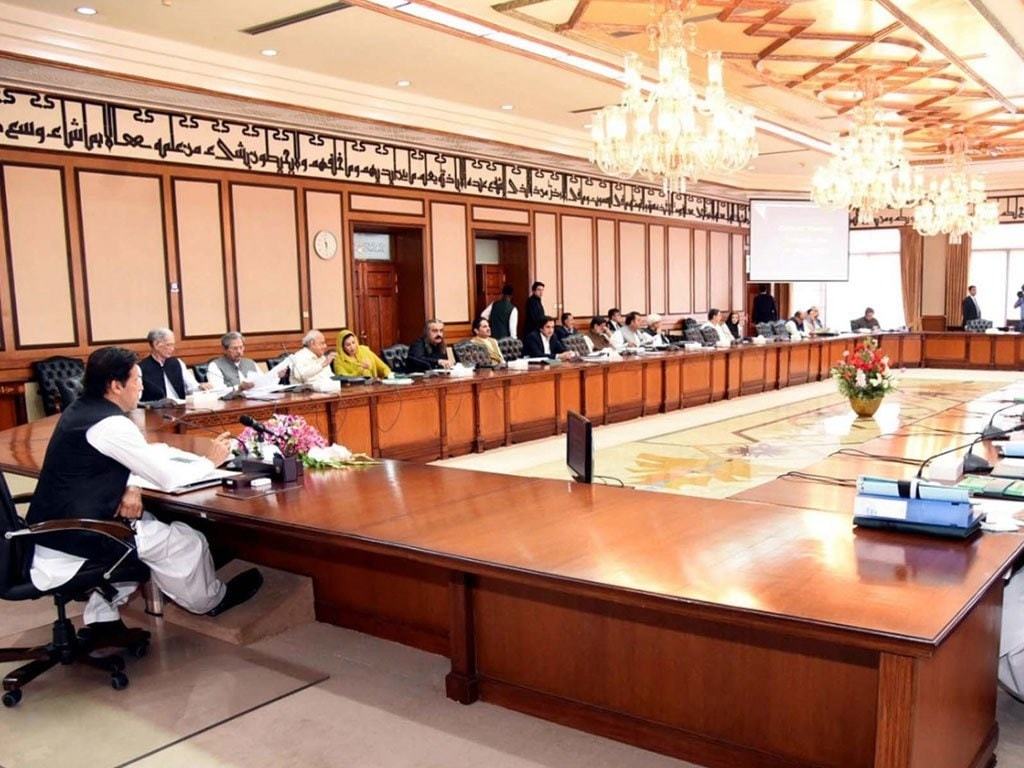The PM has directed all the provinces to constitute Provincial Finance Commissions (PFCs). Reportedly, Asad Umar will be supervising matters relating to the PFCs in provinces where the PTI has political control. What does a federal planning minister have to do with provincial fiscal affairs; and doesn’t Asad have enough on his plate already, are questions for a different time. Even so, PTI’s desire that provinces should constitute PFCs is well placed.
Pakistan’s history of PFCs is worse than its history of National Finance Commissions (NFC). Admittedly though, unlike the NFC, the history of PFCs is fairly recent. The first PFCs in Pakistan were constituted after the Devolution Plan 2001. When that plan was shelved in 2008, the PFCs were scrapped as well. Since then, it has had a chequered history.
After the passing of the new local government laws following the 18th amendment in 2010, provinces have been distributing revenues to the third tier under ad-hoc interim PFC awards. Even Khyber Pakhtunkhwa - where the PTI has been in power since 2013 - has also been distributing provincial revenues based on interim PFC awards.
In PML-N’s 2018 Punjab, the then provincial finance minister had announced that Punjab’s budget will be based on a new proper PFC award. To what degree can Punjab even have a ‘proper’ PFC award when it has by-passed third tier by creating district health, education, (and other) authorities is an important question that Asad will have to address.
But as fate would have it, 2018 Punjab was unable to finalise a proper award due to, inter alia, the still pending final release of census 2017 data – a issue that will come to haunt yet again if indeed provincial governments in PTI-controlled provinces aim for a ‘proper’ PFC award.
Meanwhile, in Sindh, the so-called champions of democracy - the PPP - has not even paid lip service to the idea of PFC. It has emulated Punjab in bypassing the local government and creating authorities under provincial government control to deliver services that - as per elementary textbooks of federalism – ought to rest with local government. Sindh constituted a PFC in 2016 but the commission has not even met once since then.
Within the laundry list of issues and concerns with the PFCs in Pakistan (some of which will be discussed in this section in later editions) perhaps the single biggest concern is the constitutional silence on the subject.
In 2010, the 18th constitutional amendment added Article 140A to the constitution, which states that “each province shall, by law, establish a local government system and devolve political, administrative and financial responsibility and authority to the elected representatives of the local governments.” This was to give legs to two previously existing Articles in the Principles of Policy chapter of the constitution: Article 32 and Article 37(i).
The former states that “the state shall encourage local government institutions composed of elected representatives of the areas concerned and, in such institutions, special representation will be given to peasants, workers and women.” And the latter states that “the state shall decentralise the government administration so as to facilitate expeditious disposal of its business to meet the convenience and requirements of the public.”
Unlike the Indian or Nepalese constitutions that spell out detailed provisions on local government bodies and their finances, in Pakistan the three constitutional provisions listed above define the limits of Pakistan’s constitutional demands on political, administration and fiscal decentralisation to the third tier of government in general, and local government and PFCs in particular.
This silence has a major negative consequence: Pakistan’s provincial governments have complete power and discretion to design local government framework and PFCs as they deem fit. This not only leads to a lack of uniformity in the structure of local governments in provinces - and also the nature and scope of respective PFCs - but the silence also enables provinces to bypass local government – nay mock the idea of local government – by creating authorities (for district level public service delivery) that report to provincial governments instead of local level leaders and officials.
If the PTI is serious about PFCs, it should walk the talk and at least draft a bill with wider political consultation to address the constitutional gaps on local government and its finances. Whether it is able to get the bill passed with two third majority is an important but a secondary question, because right now it is even more important to set the ball in motion in the direction where its much due.


























Comments
Comments are closed.